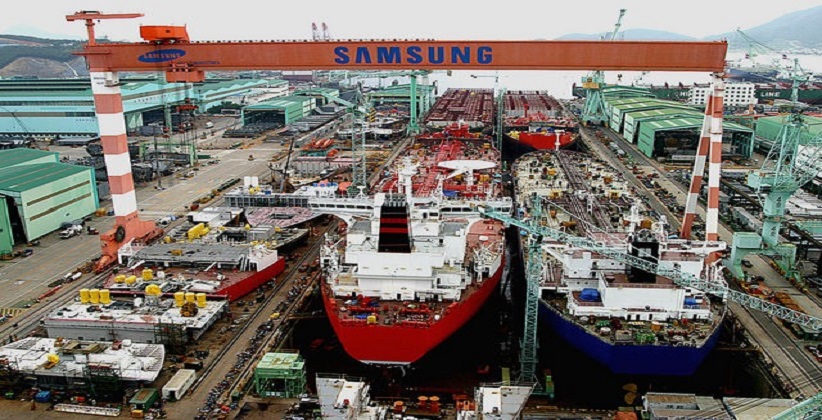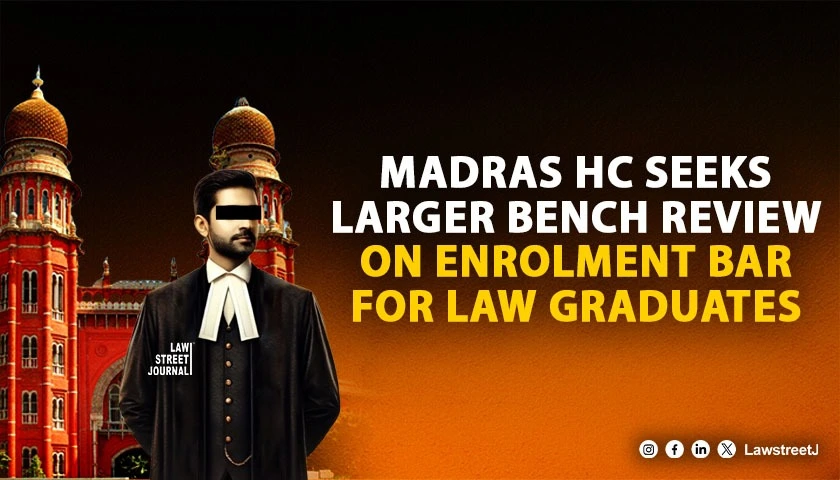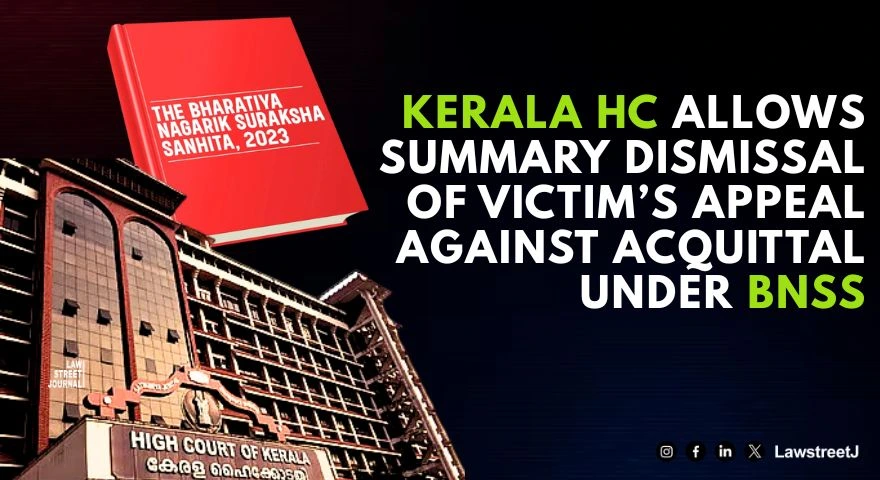In yet another landmark judgment, the Supreme Court in the case of Samsung Heavy Industries Co. Ltd. has held that it's Mumbai Project Office did not constitute a Fixed Place Permanent Establishment (PE) in India as per Article 5(1) of the India-Korea DTAA as core business of the assessee was not carried out through the Project Office.
The Supreme Court has made plain that profits of the foreign enterprise are taxable only when the enterprise carries on its core business through the alleged PE. After examining the documents related to setting up of Project Office, number & qualification of employees, and financial statements of the PO, the SC held that the PO was merely an auxiliary office meant to act as a liaison between the assessee and ONGC.
While delivering the judgment the Supreme Court noted that the fact that the approval received from the RBI was for carrying on auxiliary activities, as well as the actual conduct of the employees at the PO, did not demonstrate high-end activity. The principle of substance over form has been applied to arrive at this decision in favor of the taxpayer.
Samsung Heavy Industries entered into a turnkey contract with L&T for carrying out surveys, fabrication, and more under the Vasai East Development Project.
To coordinate better, Samsung set up a project office in Mumbai and subsequently filed a nil income tax return in accordance with the India-South Korea Double Taxation Avoidance Agreement (DTAA).
The Income Tax department, however, was dissatisfied with the return and issued a show-cause notice to Samsung. The case subsequently dragged on for nearly 15 years before being ruled in favor of Samsung in the Supreme Court.
The SC ruling in favor of Samsung is significant as it provides clarity on the definition of a project office (PO) and permanent establishment (PE) under the India-South Korea DTAA. This will provide MNCs with a clear understanding of where they stand when it comes to these issues and improve the ease of doing business in India.
The SC went so far ahead to call the Income Tax Appellate Tribunals ruling against Samsung as perverse.
Principle of substance over form has been applied to arrive at this decision in favor of the taxpayer, Nangia Andersen further added, noting the significance of the ruling
The Indian Supreme Courts ruling in the Samsung Heavy Industries case could help other MNCs in understanding how to declare their income while undertaking certain projects in the country. The Supreme Court also had some harsh words for the Income Tax Appellate Tribunal, terming its ruling against Samsung as perverse.Experts suggest that the SC has gone beyond nomenclatures to understand the facts of the matter and rule based on substance over form.







